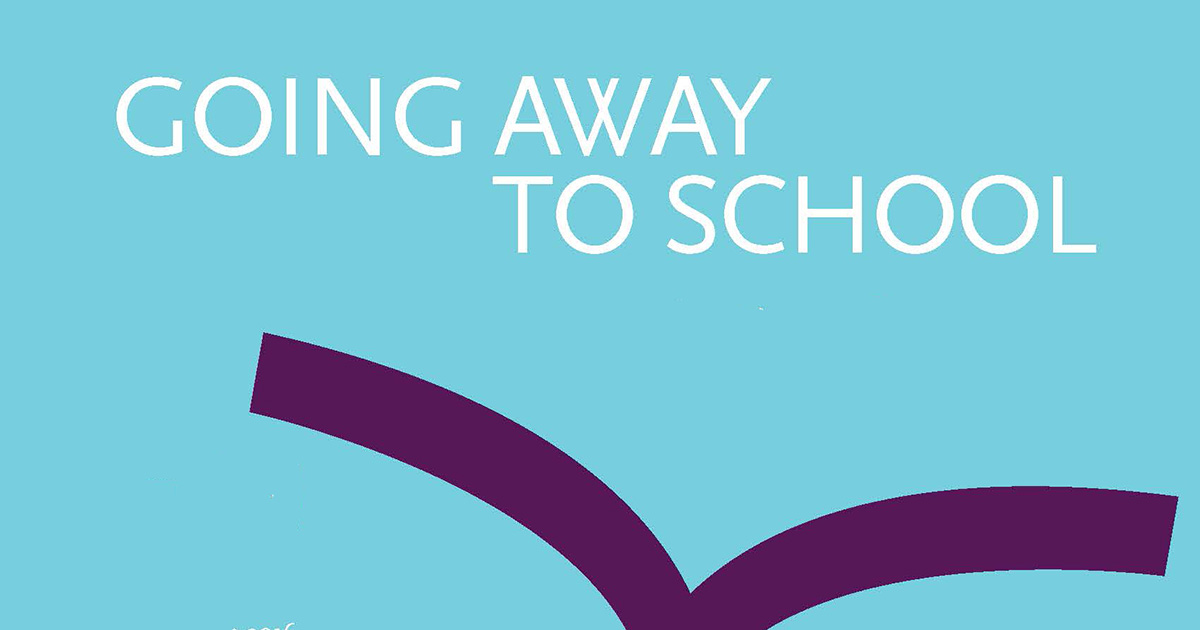Going Away to School
An Evaluation of SEED DC

The prospect of a well-paying job for a worker without a college education has significantly dimmed in the past three decades, in the wake of sweeping changes in the U.S. economy and labor market. The effects of these changes are particularly devastating for young people from disadvantaged urban communities. In response to this issue, the SEED Foundation, founded in 1997 by former management consultants Rajiv Vinnakota and Eric Adler, opened the first public, urban, college-preparatory boarding school in the country. The primary mission of the SEED School of Washington, DC (SEED DC), is to provide an intensive education program that prepares students from low-income and underserved communities for college enrollment and success.
The SEED school, located in a residential section of southeast Washington, serves approximately 320 sixth- through twelfth-graders. Students attend school on campus five days a week, arriving on Sunday evening and going home on Friday afternoon. The SEED model posits that an alternative urban academic environment that puts a high priority on academic excellence and personal development will allow students to succeed through high school and in college. An important facet of the SEED model is to surround students with a cadre of adults to support them in preparing for college success — including their teachers, school administrators, and the residence hall staff.
Using the random assignment inherent in the school admissions lottery, this report presents results from a six-year evaluation of SEED DC, including both an implementation study — to understand how the school operates in practice — and an examination of the impacts of winning admission to SEED DC on a broad range of student outcomes.
Key Findings
- SEED DC creates a highly supportive environment for its students, with a network of caring adults. The school provides students with a wide array of services, ranging from academic support to emotional support and relationship-building activities.
- The school produced significant, positive impacts on students’ standardized test scores and proficiency levels — particularly in math — in comparison with outcomes among students who did not win admission to SEED.
- For students in the earliest cohorts, who can be followed through high school, SEED DC did not increase the proportion who graduated from high school in four years.
- Although SEED DC showed a couple of positive behavioral effects, it did not show an impact on the key nonacademic outcomes, such as teen pregnancy or interaction with the criminal justice system, that could justify its higher cost.
It is important to note that SEED DC operates in a district with many innovative alternatives and, owing to local rules, is unable to target the most underserved students. Thus the evaluation cannot speak to the question of whether SEED’s unusual boarding school model could produce larger effects in different environments, serving students who face more serious obstacles to success.







